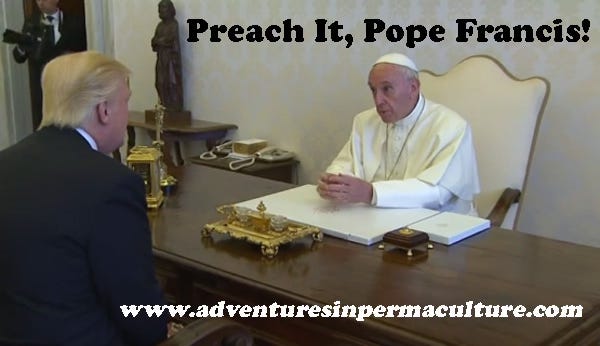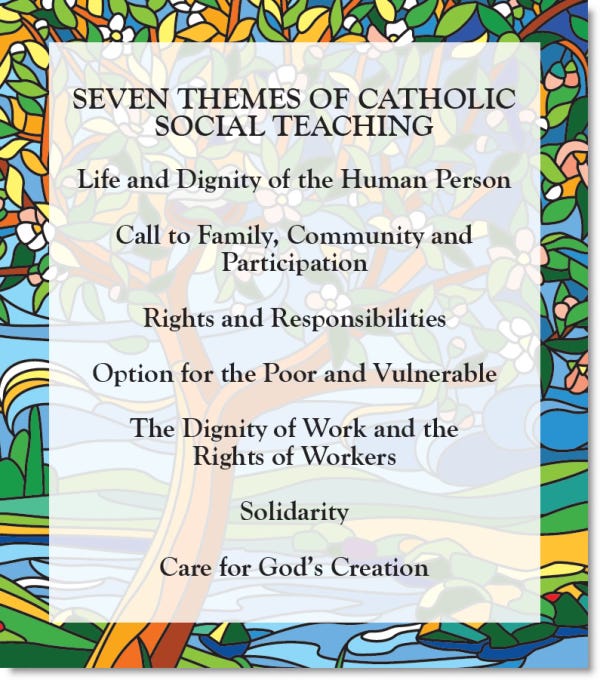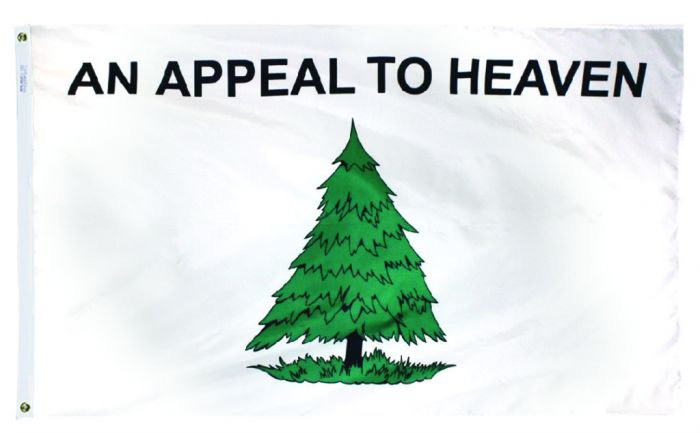The Sayings of Abu Francis
I say, “He should have done more” will be the tombstone epitaph for most of us.
Two years after Pope Francis was elected, he published an encyclical titled, Laudato Si: On Care of Our Common Home. While the Catholic Church has issued teachings on the environment since 1991, many of us were ecstatic that Jorge Bergoglio had taken the name of St. Francis of Assisi and dedicated his second encyclical to our cause. (Laudato Si is a line from St. Francis' “Canticle of the Sun.”)
Pope Francis gave copies of Laudato Si to both presidents Joe Biden and Donald Trump. Hopefully they read it. If you get a chance to read it, you’ll find support for Permaculture, which many of us believe is a proven design system to help humanity find food self-reliance and sustainability. Bill Mollison built Permaculture on a foundation of three ethics – Care for the Planet, Care for the People and Fair Share of the Surplus. These are very similar to three themes in Catholic Social Teaching: Care for God's Creation, Life and Dignity of the Human Person and Option for the Poor and Vulnerable.
Here are three sections worth checking out:
#67 (Care for the Planet): “The Genesis account which grants man ‘dominion’ over the earth (cf. Gen 1:28) has encouraged the unbridled exploitation of nature by painting him as domineering and destructive by nature. This is not a correct interpretation of the Bible as understood by the Church. We must forcefully reject the notion that our being created in God’s image and given dominion over the earth justifies absolute domination over other creatures. The biblical texts are to be read in their context, recognizing that they tell us to “till and keep” the garden of the world (cf. Gen 2:15). ‘Tilling’ refers to cultivating, plowing or working, while ‘keeping’ means caring, protecting, overseeing and preserving. This implies a relationship of mutual responsibility between human beings and nature. Each community can take from the bounty of the earth whatever it needs for subsistence, but it also has the duty to protect the earth and to ensure its fruitfulness for coming generations.”
#44 (Care for the People): “We are conscious of the disproportionate and unruly growth of many cities, which have become unhealthy to live in, not only because of pollution caused by toxic emissions but also as a result of urban chaos, poor transportation, and visual pollution and noise. Many cities are huge, inefficient structures, excessively wasteful of energy and water. Neighborhoods are congested, chaotic and lacking in sufficient green space. We were not meant to be inundated by cement, asphalt, glass and metal, and deprived of physical contact with nature.
#90 (Fair Share of the Surplus): “We should be particularly indignant at the enormous inequalities in our midst, whereby we continue to tolerate some considering themselves more worthy than others. We fail to see that some are mired in desperate and degrading poverty, with no way out, while others have not the faintest idea of what to do with their possessions, vainly showing off their supposed superiority and leaving behind them so much waste which, if it were the case everywhere, would destroy the planet. In practice, we continue to tolerate that some consider themselves more human than others, as if they had been born with greater rights.”
When you've read and highlighted those sections, here are a few more to champion the use of Permaculture as a path to sustainability:
#180: “New forms of cooperation and community organization can be encouraged in order to defend the interests of small producers and preserve local ecosystems from destruction.”
#28: “Water supplies used to be relatively constant, but now in many places demand exceeds the sustainable supply, with dramatic consequences in the short and long term. Large cities dependent on significant supplies of water have experienced periods of shortage, and at critical moments these have not always been administered with sufficient oversight and impartiality.”
#159: “The global economic crises have made painfully obvious the detrimental effects of disregarding our common destiny, which cannot exclude those who come after us. We can no longer speak of sustainable development apart from intergenerational solidarity. Once we start to think about the kind of world we are leaving to future generations, we look at things differently; we realize that the world is a gift which we have freely received and must share with others.”
In the wake of Pope Francis' passing, many are talking about what he did or didn't do, what more he could or should have done. I say, “He should have done more” will be the tombstone epitaph for most of us.
What say you?





